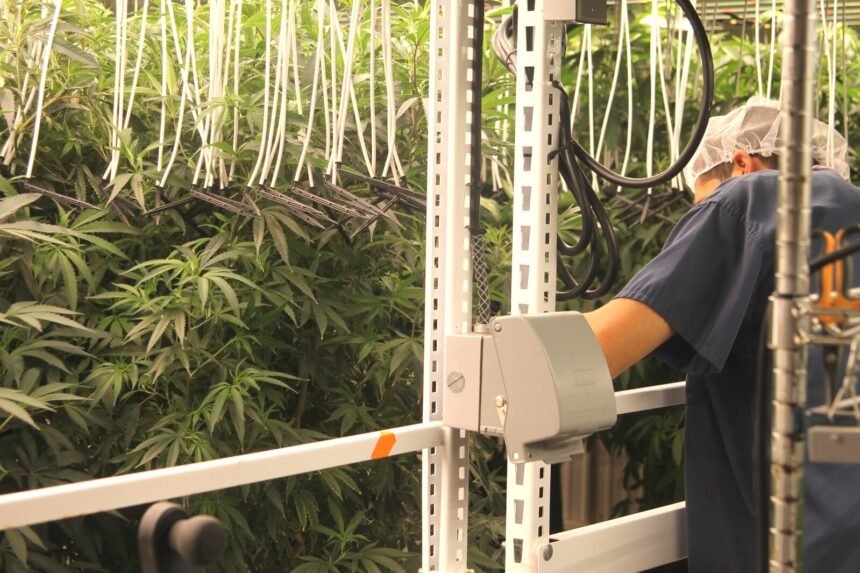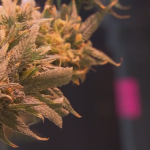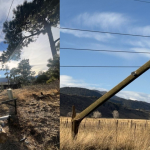— In 2025, businesses can sell recreational cannabis to those 21 and older in the state of Minnesota. As the deadline approaches, counties and local municipalities are creating ordinances to regulate the new industry.
On Wednesday, Nov. 20, Otter Tail County hosted a public hearing on its draft ordinance regarding cannabis business regulations.
At the public hearing, County Administrator Nicole Hansen stated she learned that the state cannabis office received more than 2,000 applications for such businesses, of which seven were believed to be in Otter Tail County. About 600 applications are expected to go into the state lottery. Hansen said she believed 280 will receive a license to operate.
Hanson explained the state requires a county to allow one such business for every 12,500 people in a county. According to the United Census Bureau, Otter Tail County had a population of 60,626 in 2023. That would mean the county has to allow five cannabis-related businesses to operate.
Hansen said the minimum number of businesses required by the state does not include any municipalities that opt to run their own cannabis-related business, which would operate similarly to municipal liquor stores.
“So if, for example, if one of the cities within the county had their own retail business, it that does not count towards the overall number we can limit,” Hanson said. “So, say our limit is five, that would not be included as part of the five.”
She added that the county could also allow more than five, as well.
Hansen informed the commissioners the county should approve its ordinance prior to the start of the new year. When the calendar turns to 2025, cannabis businesses can legally begin to operate throughout the state.
Hansen noted that if the county has an ordinance in place, the state will provide applications submitted in their jurisdiction for review. The county will have 30 days to process and certify the application.
“If we don’t do that within 30 days, my understanding is that OCM (Office of Cannabis Management) can issue that license, so they can start them doing their business,” Hansen said.
Screen capture
County’s proposed cannabis ordinance has created concerns in Perham
The county revealed its
.
Hansen explained to the commission that the county’s ordinance would supersede a municipality or township ordinance within the county. She noted that both Perham and Fergus Falls have created ordinances pertaining to cannabis-related businesses.
While no one spoke at the public hearing regarding the county’s draft ordinance, the city of Perham did submit a letter. (It should be noted the Perham City Council held its Committee of the Whole meeting the same evening as the hearing.)
The letter from the city of Perham was not read at the hearing, but at a recent council meeting, the concerns were identified to be regulations on locations for cannabis-related businesses. The county’s draft ordinance prohibits such businesses within 1,000 feet of education institutions or within 500 feet of other cannabis businesses, day cares, residential group homes, halfway houses, correctional facilities or public parks or trails, including playgrounds, public accesses and athletic fields.
Hansen said data from Public Health helped create those limitations to lessen the potential impact on minors, who are not lawfully allowed to obtain or consume THC products.
“We think that we can help minimize exposure so it doesn’t become something that’s normalized,” she said.
The prohibition on location is the cause of contention with the city of Perham, which has trails running through the city, as well as two parochial schools and a public school system.
Perham City Administrator Jon Smith has stated the county’s regulations would limit the locations available to such businesses to about 10.
Several other regulatory options were reviewed that are also in the
, which is available on the county website.
Barbie Porter is a reporter for the Detroit Lakes Tribune and the Perham Focus. Email story ideas to Barbie at bporter@perhamfocus.com.












